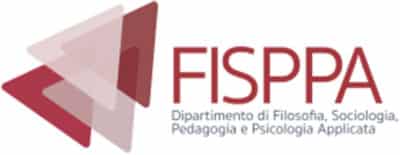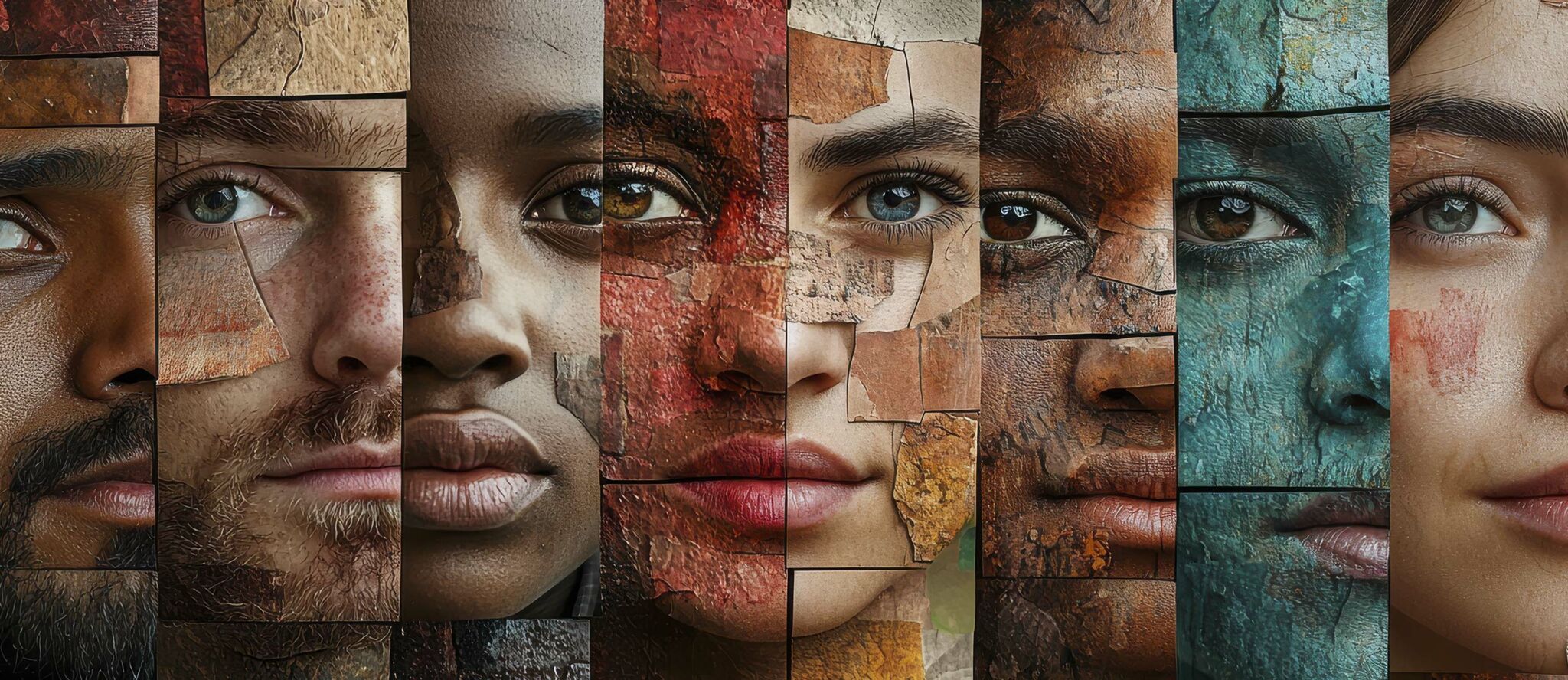
The Post-Graduate Course in Clinical and Community Ethnopsychology (ETNOPSI) stems from the particular attention required for the mental health of people with diverse background, due to a growing cultural diversity. This aspect is crucial to prevent and promote health, diagnosis and effective treatment, and also to manage the different social inclusion processes.
It concerns especially those Services (healthcare, social welfare and medical) dealing with new, unexpected situations, since cultural differences deeply affect the experience, help request and their management.
This course provides the conceptual, methodological and operational elements required to relate to and interact with individuals from different cultures.
Ethnopsychology, in its clinical and community aspects, offers innovative answers, and helps professionals and services with the skills and instruments they need for a culturally attentive and appropriate intervention.
The Post-Graduate Course in Clinical and Community Ethnopsychology (ETNOPSI) covers three areas:
- Fundamentals of clinical and community ethnopsychology, covering the main assumptions concerning ethnopsychology, and the main conceptualizations concerning health and interculture.
- Ethnopsychology and humanitarian aspects, which describes the operational interventions in the humanitarian psychology field, such as welcoming refugees, intervening on migrants and routes, and national and international mental health services.
- Ethnopsychology, welfare, social and clinical services, which covers the main operational interventions with users and patients with different backgrounds.
The course includes lectures, seminars, testimonies, and online activities. The lectures – held by professors with a broad experience in this field – have an interactive and applicative value. Active participation and a maieutic approach support the option of developing the main competences toward which the Post-Graduate Course is oriented, that is the competence of analysing cultural processes characterizing the sufferance of users with different backgrounds, recognizing the implications of the clinical relationship, and interacting with patients with different backgrounds. Lessons will be held in blended mode, 60% in person and 40% online.
The Post-Graduate Course in in Clinical and Community Ethnopsychology (ETNOPSI) is addressed to graduates with a Master’s Degree and a specialist Degree in Psychology, psychologists, and psychotherapists, and it forms professional figures who can work with people with a diverse cultural background, and who can help update the services currently provided.
Career opportunities may include:
- Inter-cultural psychologist: in private practice or in centres specialized in migrants and refugees assistance;
- Private psychologist and psychotherapist for second-generation patients
- Psychologist and psychotherapist in Social Services, Personal Services, Social Support Services with a foreign or mixed user base;
- Consultant for healthcare services: to improve the approach and cultural policies in mental health services;
- Cultural mediator for healthcare services: to promote communication between patients of different cultures and healthcare professionals;
- Trainer for healthcare professionals: to organize classes on cultural competence.
- Operator in NGO and international organizations: for mental health projects in multicultural contexts;
- Consultant for multinational companies: to manage intercultural dynamics in work teams;
- Intercultural counsellor: to support hospitals, medical services, schools, individuals and families with different origins.
The Post-Graduate Course in Clinical and Community Ethnopsychology (ETNOPSI) provides in-depth knowledge on the following topics and modules:
CLINICAL ETHNOPSYCHOLOGY
Module 1: INTRODUCTION AND CONCEPTUAL PRINCIPLES
Description of the prerequisites and foundations of Ethnopsychology.
Module 2: INTERCULTURAL MODELS: FROM SEGREGATION TO INTERCULTURALITY
Description of the models and conceptual systems affecting culture.
Module 3: ETHNOPSYCHOLOGY AND HEALTH
Presentation of the conceptualization around health and social cohesion.
Module 4: HUMAN RIGHTS AND CULTURAL DIVERSITY
Presentation of the elements of the human rights framework.
Module 5: NEW KNOWLEDGE SYSTEMS: THE POWER THREAT MEANING FRAMEWORK
Description and presentation of a new diagnostic framework in the medical field.
Module 6: PSYCHOLOGY OF LIBERATION: oppressed minorities and communities, study of their cultural context.
Description of the psychology of liberation and of the simplifications concerning the role of minorities and oppressed communities. Projects and examples.
HUMANITARIAN PSYCHOLOGY
Module 7: WELCOMING REFUGEES IN A COMMUNITY PERSPECTIVE
Presentation of the regulatory references and the main interventions towards refugees. Examples.
Module 8: MIGRATION AND ROUTES
Presentation of the interventions towards migrants and routes. Examples.
Module 9: PSYCHOLOGY IN THE HUMANITARIAN SECTOR
Description of the interventions in the humanitarian sector and of national and international projects.
ETHNOPSYCHOLOGY APPLIED TO SERVICES
Module 10: ETHNOPSYCHOLOGY AND SCHOOL CASES AND MEDICAL SITUATIONS WITH USERS WITH DIFFERENT BACKGROUNDS
Presentation of the interventions concerning second-generation students and case studies on the diaspora.
Module 11: ETHNOPSYCHOLOGY AND REHABS FOR SUBSTANCE ABUSERS
Description of interventions toward substance abusers with a different cultural background.
Module 12: ETHNOPSYCHOLOGY, REHABS FOR SUBSTANCE ABUSERS AND PRISON
Description of the interventions in certain territorial emergency services, with integrated prison/territory projects.
Module 13: ETHNOPSYCHOLOGY AND PRISON
Description of situations involving prisoners with a different background.
Module 14: ETHNOPSYCHOLOGY, SOCIAL SERVICES AND CHILD PROTECTION
Presentation of interventions with social service users with different cultural background involving minors.
Module 15: ETHNOPSYCHOLOGY IN PUBLIC MENTAL HEALTH SERVICES
Description of interventions with mental health service users.
Module 16: ETHNOPSYCHOLOGY AND TRANS IDENTITY: CLINICAL PRACTICES
Description of medical situations involving users with a different background and gender variance. Case studies and regulatory framework.
Module 17: EVALUATION AND INTERVENTION WITH FAMILIES AND CHILDREN
Description of the evaluation of interventions with minors with different family origins.
The lesson schedule 25/26 can be downloaded here.
The Post-Graduate Course will last one year, from the end of November 2025 until September 2026. It will be organized in in-person (60%) and online (40%) lessons.
The type of lessons is described below:
In-person lessons
- 3 whole weekends (Saturday morning and afternoon, Sunday morning and afternoon)
- 2 partial weekends (Saturday morning and afternoon, Sunday morning)
- 2 single days in-person (Saturday morning and afternoon)
Online
- 3 whole days (Saturday morning and afternoon)
- 2 partial weekends (Saturday morning and afternoon, Sunday morning)
- 1 whole weekend (Saturday morning and afternoon, Sunday morning and afternoon)
- Half day (Saturday morning)
The general ranking of merit for the academic year 2025/26 will be published on the Italian page of this Course according to the timing provided in the Call.
Information
FAQ
In-person lessons will be held at the Scuola di Psicologia (Psychology School), Via Venezia 12, 35131, Padua.
Yes. There can be no more than 30% of hours of absence.
As an oral exam, on the main topics covered during the course.
No, there won’t be an internship and/or a final dissertation. At the end of the course, there will be an individual oral exam to evaluate the attendee’s proficiency.

